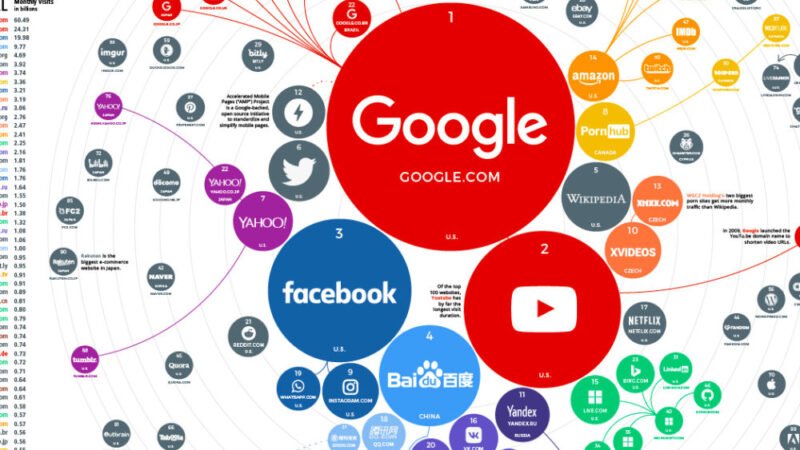Technoethics

Technoethics is a discipline that addresses the ethical and moral aspects of technology in society, it deals with the ethical implications of technological use. And it should be remembered that ethics is a question on which there are correct or incorrect answers, objectively; that is, ethical or immoral responses.
Currently, it is a subject of debate that is on the table, due to the vertiginous technological changes that we are assuming as a society, since nothing manages to adapt to that speed, including the regulatory frameworks.
The debate does not focus on whether technology is good or bad, but on how it affects nature and human behavior .
Origin
Although its origin is recent, in 1977 the philosopher and physicist Mario Bunge was among the first to call for the development of the ethics of responsibility in technological advances. In fact, Bunge demanded that technologists respect moral limits in their decisions and suggested that technological progress implied rational rules with social limitations.
Disciplines
Technoethics has three specialized disciplines:
- Nanoethics: Address the ethical implications in nanotechnology, such as atomic or molecular matter.
- Infoethics: Of application in computer technology such as, for example, social networks.
- Bioethics: Referring to the ethics of sciences such as medicine or biology.
Ethical situations
In the technological field, there are situations and areas that involve ethical debate, putting technology at the service of society and not the other way around. The casuistry ranges from the misuse of information to environmental or health problems .
In the academic world there are many voices that affirm that we are immersed in the spiral of digital transformation. For this reason, the existence of ethical discourses at the micro, meso and macro levels and an authentically ethical education , with binding responses, is necessary.
Specifically, we could talk about some ethical assumptions such as access rights , data protection , digital rights, environmental protection, the guarantee of freedom, safety and health, the precautionary principle, technological transparency. , etc.
Artificial intelligence
The development of artificial intelligence deserves a particular reflection. AI is spreading to all technology domains rapidly with an ever-increasing level of sophistication. And that will be the great challenge : implementing an ethical AI . Ultimately, technoethics is a purely human problem.
TIC
If we focus on information and communication technologies as great transversal transformers, their ethical aspect focuses on the risks and vulnerabilities for their users . Examples of this are anonymity in online communication, security of personal data or social robots .
It is evident that communicative technological development has produced significant changes, both quantitatively and qualitatively, in all social relationships and interactions. And it will continue to do so, so the approach to the ethical debate is necessary, putting in value the critical, reflective and evaluative sense , together with the responsibility of all the parties involved in the use and management of ICT.
If we consider that technology is part of any area of our lives, we should educate in its technoethical vision, assuming it as part of all technological development.






